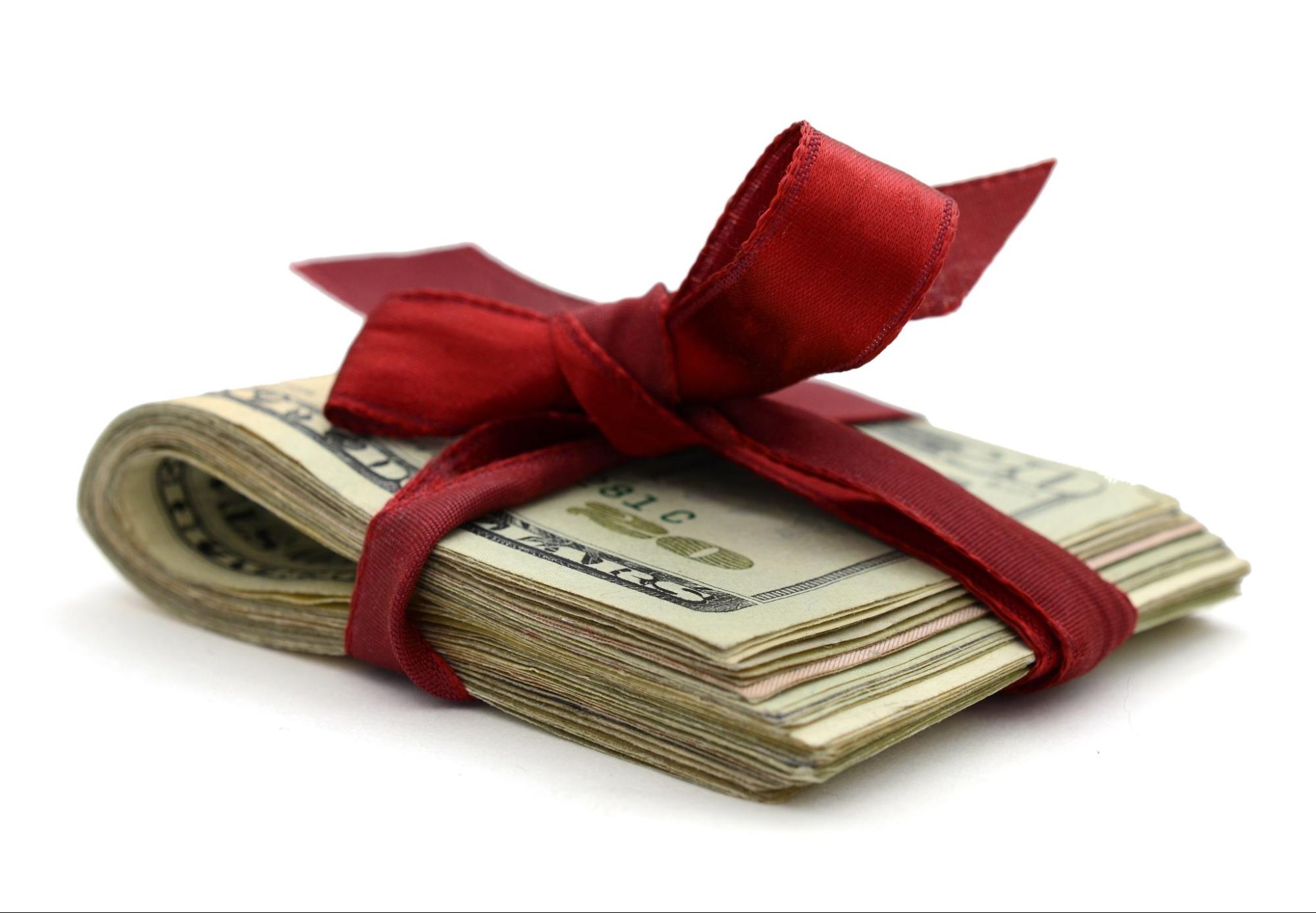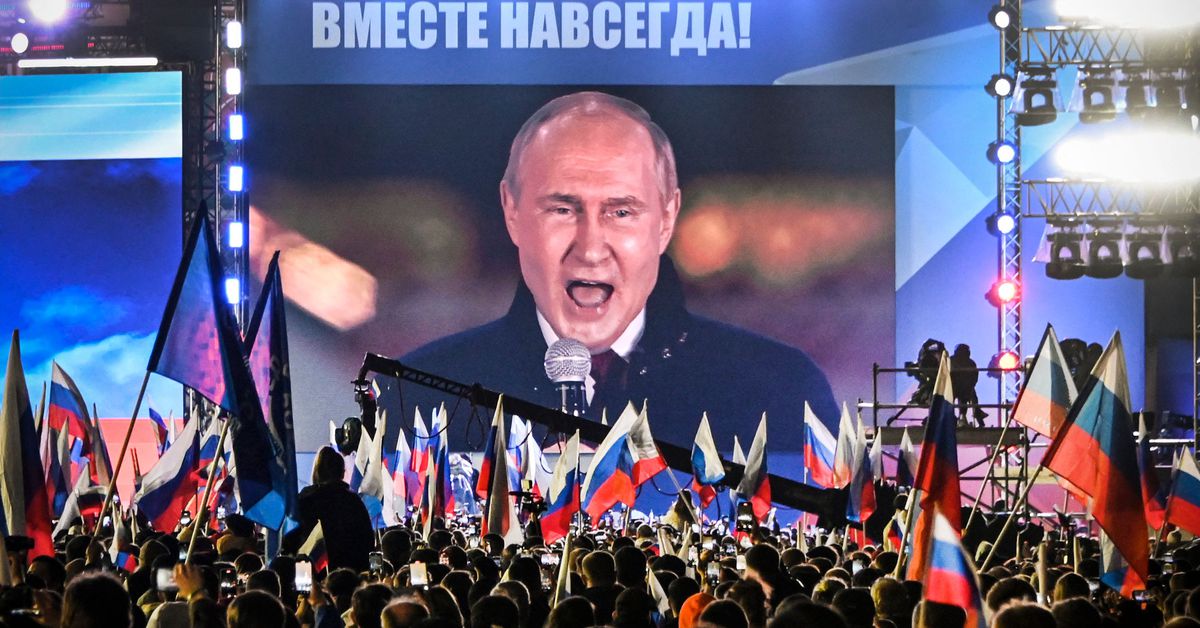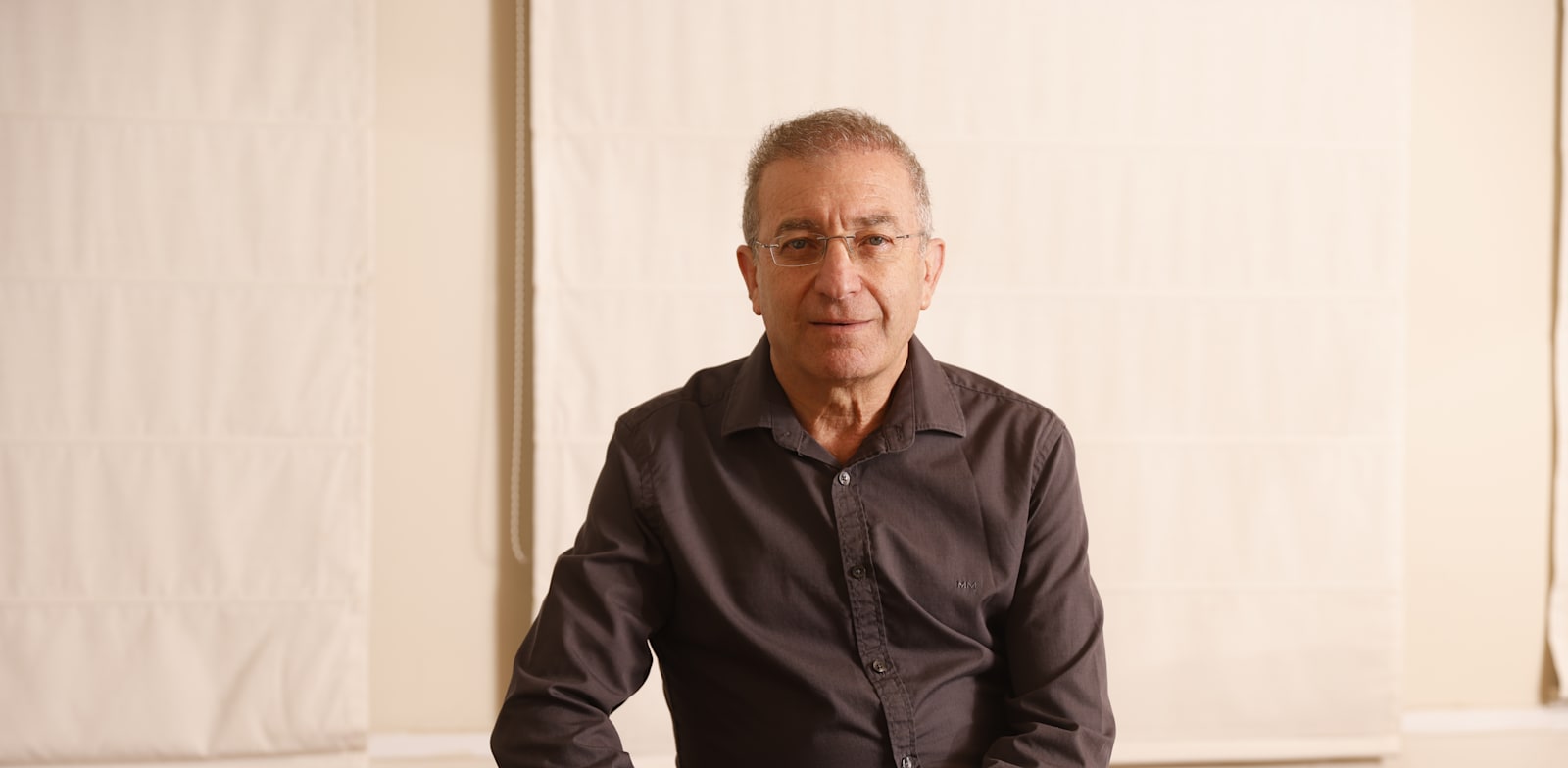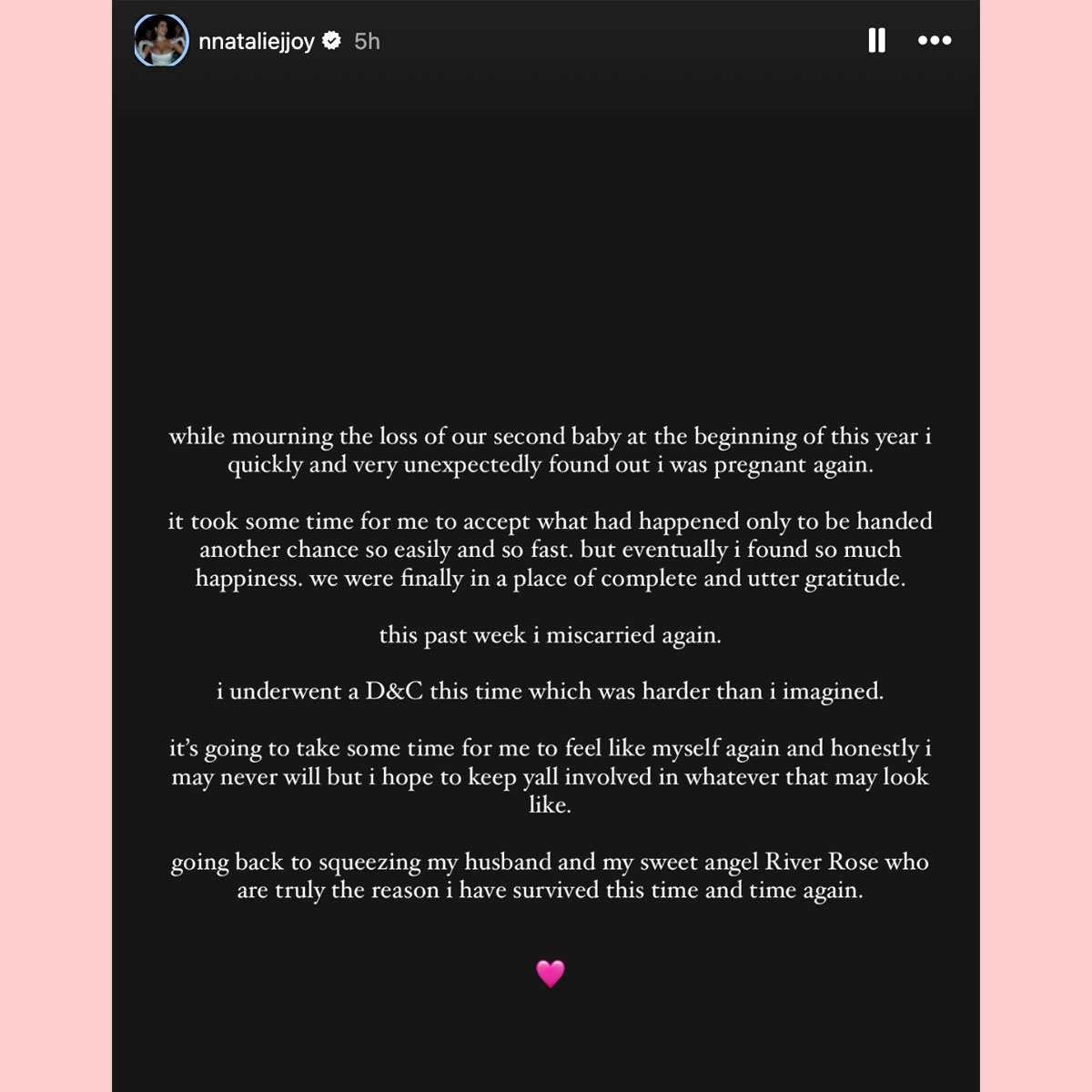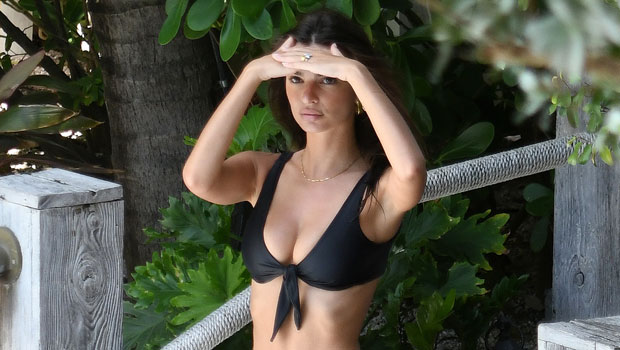By Essi Lehto and Kate Abnett
HELSINKI/BRUSSELS (Reuters) – Europe may limp through the cold winter months with the help of brimming tanks despite a plunge in deliveries from former top supplier Russia only to enter a deeper energy crisis next year, the head of the International Energy Agency said.
European countries have filled storage tanks to around 90% of their capacity after Russia cut gas supplies in response to Western sanctions imposed over its invasion of Ukraine.
Gas prices, which surged in the months after the war began, have retreated, but that could be short-lived as countries compete to buy liquefied natural gas (LNG) and other alternatives to Russian pipeline deliveries.
To help tackle the pain of gas prices, the European Union is considering imposing a price cap, but the 27-nation bloc is divided as some countries are concerned it could make securing supplies harder.
“With gas storages almost at 90%, Europe will survive the coming winter with just some bruises as long as there are no political or technical surprises,” Fatih Birol, executive director of the Paris-based IEA, told journalists in Finland.
But the real challenges will begin in February or March when storage needs to be filled again after high winter demand has drained them to 25%-30%.
“This winter is difficult but next winter may also be very difficult,” Birol said.
Until the Ukraine war broke out in late February, the Nord Stream pipelines beneath the Baltic Sea from Russia to Germany were one of western Europe’s main sources of gas.
Three of the four lines have been disabled by what the West and Russia say was sabotage causing huge leaks and the Danish authorities said the fourth was being depressurised on Tuesday.
SABOTAGE?
President Vladimir Putin on Friday blamed the United States and its allies, allegations rejected by Washington. Russia has rejected what it called “stupid” theories in the West that it sabotaged the pipelines itself.
The Kremlin said on Wednesday that Russia must be part of investigations into last week’s explosions in the two Nord Stream gas pipelines under the Baltic Sea.
“So far, from those news conferences which took place in Denmark and Sweden, we’ve heard disturbing statements that any cooperation with the Russian side is ruled out,” Kremlin spokesman Dmitry Peskov said.
“We, obviously, will be waiting for some clarification on that as we believe that, definitely, participation of the Russian side in examining the damaged area and investigating what happened should be mandatory.”
Earlier tensions had eased as Russia’s energy Gazprom (MCX:) on Wednesday resumed gas exports to Italy via Austria after resolving an issue over guarantees that had led to the suspension of flows over the weekend.
Details of the EU price cap plan have yet to be worked out. It has support from a majority of countries who see it as a way to deal with inflation, but it has faced opposition from Germany, Denmark and the Netherlands, who cite concerns it will make it harder to secure supplies.
Leaders of the 27 EU country leaders will debate the issue at a meeting in Prague on Friday.
European Commission President Ursula von der Leyen said on Wednesday one of the issues was to ensure member states did not outbid each other for gas on world markets and drive prices and should start jointly buying gas.






